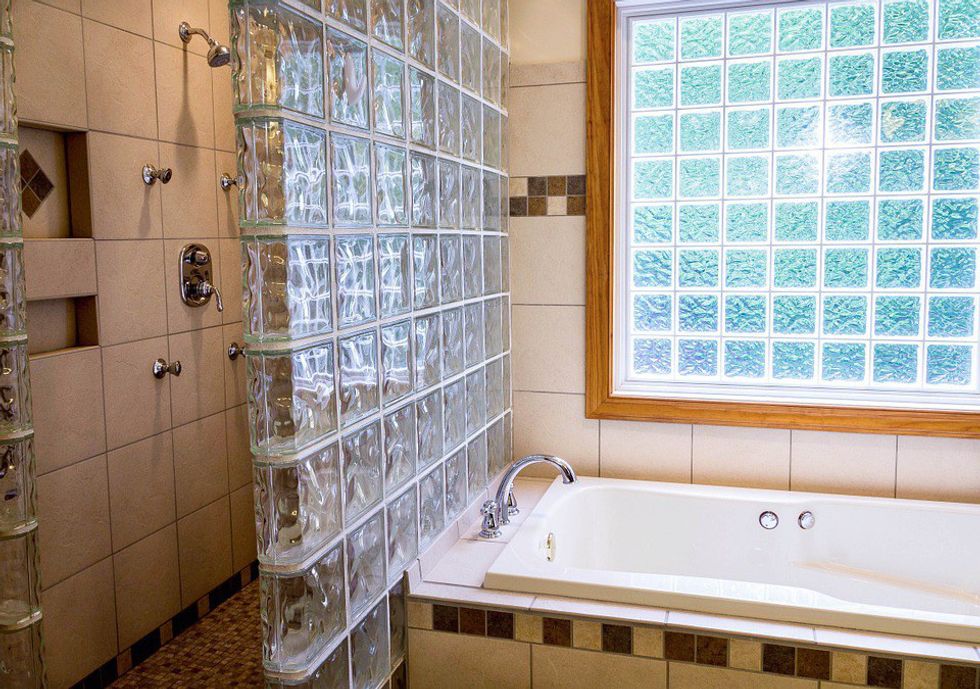I wouldn't be the first person to admit I dreamed of moving out of my mom's house once I turned 18. That was the American dream, right? Get a driver's license as soon as you turn 16, buy a beaten up used car, graduate from high school, move out, and go to college. That five-step plan should guarantee you a job, a family, and a house with a white picket fence -- right?
Well, I graduated from high school, got my license when I was 18, and was handed down my mom's CR-V (the best mom car out there besides a minivan, in my opinion). As for the moving out part -- I'm a 22-year-old senior, now, and still living in my mom's house. I have good reasons, and so do others in similar situations from my local Seattle area to the United Kingdom.
1. Cost-effective.
No stress over rent is the best. I mean, of course, there are other costs to consider such as gas (if you drive), public transportation fares, parking passes, and how exhausting the commute is (depending on the distance and frequency).
But let's face it. Living on campus can be expensive. In fact, the College Board reported "that the average cost of room and board in 2015–2016 ranged from $10,138 at four-year public schools to $11,516 at private schools."
Megan, who lived at home during her junior year, said, "I was able to save up money from working and was thereby able to afford life after college."
"The college I'm attending is in my hometown so it's easier on us financially for me to live at home rather than on campus," said Jazmin, a sophomore.
2. Food.
Ooh, yes. Home-cooked meals are always something to look forward to when you come home. Who can resist a deal that only costs $.99?
"Before I got my student loan, they [her parents] paid for my buses and made my lunches and didn't expect me to pay them back," said Amy Scott, a student in Scotland finishing her last year at college.
3. Comfort and familiarity.
Jumping into a new setting like college or university can be stressful to say the least. Living with the people you grew up with can be a solid way to stay grounded and ease the transition. "I live in a familiar setting with people who look like me. While transitions where I live definitely happen, I live somewhere that is familiar to me -- one less transition I need to deal with. And, as a person of color, I live with relatives -- people who look like me and share some things with me that my predominantly white institution does not offer," said Robert, a senior and good friend of mine at Seattle University.
Tamar Hope, a student in the United Kingdom who lived with her parents during her first year at University, said, "...a home environment is a naturally calming one and you have parental influence daily." Your family can be your support system as you go through college. For some students like Jenny, a senior at Seattle University, you can be a support as well.
"Being the first to go to college, my family can see firsthand my experience, and my sister has me as a resource at home to help her out with her journey into college as well," she said.
4. No bad roommates or strangers to deal with.
What's worse than your younger sibling going through your stuff? A bad roommate doing the same thing who also doesn't ever wash their dishes. Megan said, "I was more comfortable living at home than on campus with strangers (so life was significantly less stressful)."
Even if you're lucky enough to snag a single-person dorm, your neighbors are usually just a few feet away behind thin walls and floors, and maybe you just want to deal with them... ever.
5. Private use of appliances and facilities.
Following the previous point, you don't have to share your appliances and facilities with them. You've probably already established a system with your family/guardians about who uses which appliance at what time, and that's completely normal for you. A sticky note that reads "DON'T TOUCH" is not a full-proof security system that deters unwelcome hands.
"I have facilities like a bathroom, kitchen, and laundry that I do not share with an entire building of people. I share these with the residents of this home, and no one else," said Robert. No need to wear flip-flops to take a shower.
Jazmin also mentioned "free use of the car," an advantage I also have in my situation.
6. No need to deal with the housing and residence life office.
After all the stress of packing up everything you need (and want) to go into your room on campus, there's the hassle of "paperwork, policies, and procedures" said Robert. "There's a lot of systems in place in university-affiliated housing that can be very complicated to deal with. I'm glad that is one less bureaucracy I will have to deal with while attending school. While I am subject to the rules of living with family/guardians, I am not subject to policies of a university that gets federal funding when in my living space," they said.
7. A place to simply be yourself.
When you live on campus, you have a dorm to retreat to. When you're a commuter on campus, it's hard to find a space like this. Your school may have collegiums and other spaces that cater to commuter needs, but it's not the same as your bedroom.
I've often found myself wandering around campus in search of a place to have some solitude. Sure, there are private study rooms in the library, but they make me feel boxed into a small space. Coming home and closing my bedroom door behind me often feels like the biggest relief after a long day and commute from school. As Robert told me, "I have my own space in which I can simply be."
Honestly, we should leave behind the idea that young adults should leave the house at such a young age. Isn't being pressured to choose your career path before you even graduate high school stressful enough?
Of course, there are some cons to this kind of living situation. Look out for that feature next week.































